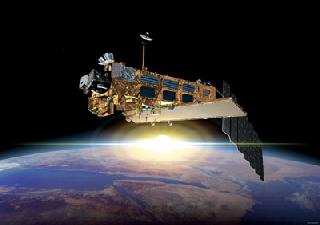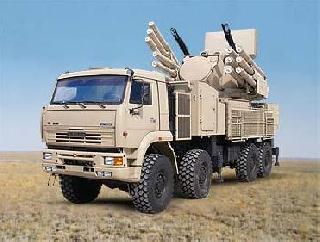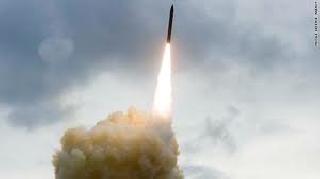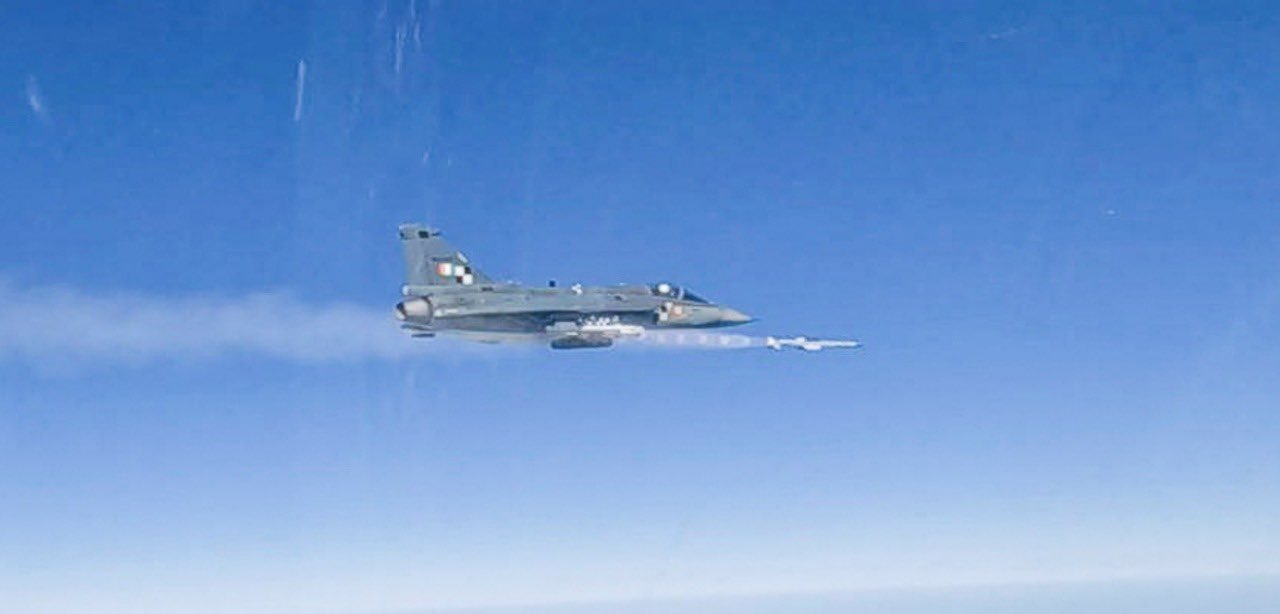
Envisat. An ESA photo.
PARIS (AFP): The European Space Agency (ESA) has declared the official end of Envisat, the Earth-monitoring satellite that went offline last month after operating for twice its predicted lifespan.
Designed to operate for five years, Envisat was launched in March 2002, carrying instruments to monitor the Earth's oceans, ice, land and atmosphere.
The 8.2-tonne, 10.5-metre craft, the biggest of its kind, carried on working for a decade, racking up a total of 2.25 billion kilometres, or more than 50,000 orbits.
The satellite failed to make a radio call on April 8 as it passed over a ground station at Kiruna in Sweden.
"Following rigorous attempts to re-establish contact and the investigation of failure scenarios, the end of the mission is being declared," the agency said in a statement.
"Envisat had already operated for double its planned lifetime, making it well overdue for retirement."
Envisat's data has been used in 4,000 science projects in 70 countries, including landmark research on climate change.
Its study of ocean currents was used last year to simulate dispersal of nuclear pollution from the Fukushima accident, and it gained real-time images of the BP oil spill in the Gulf of Mexico in 2010.
It was an important tool in tackling illegal fishing and observed changes in the ozone layer, the effects of deforestation and shifting sea-surface temperatures.
ESA had hoped to keep Envisat going until its seven replacements, the so-called Sentinel satellites, start being launched in 2013.
Their launch "has become even more urgent to ensure the continuity of data to users, improve the management of the environment, understand and mitigate the effects of climate change and ensure civil security," said ESA.
The cause of the communications failure has not been established.
 Previous Article
Previous Article Next Article
Next Article











The Indian Air Force, in its flight trials evaluation report submitted before the Defence Ministry l..
view articleAn insight into the Medium Multi-Role Combat Aircraft competition...
view articleSky enthusiasts can now spot the International Space Station (ISS) commanded by Indian-American astr..
view article